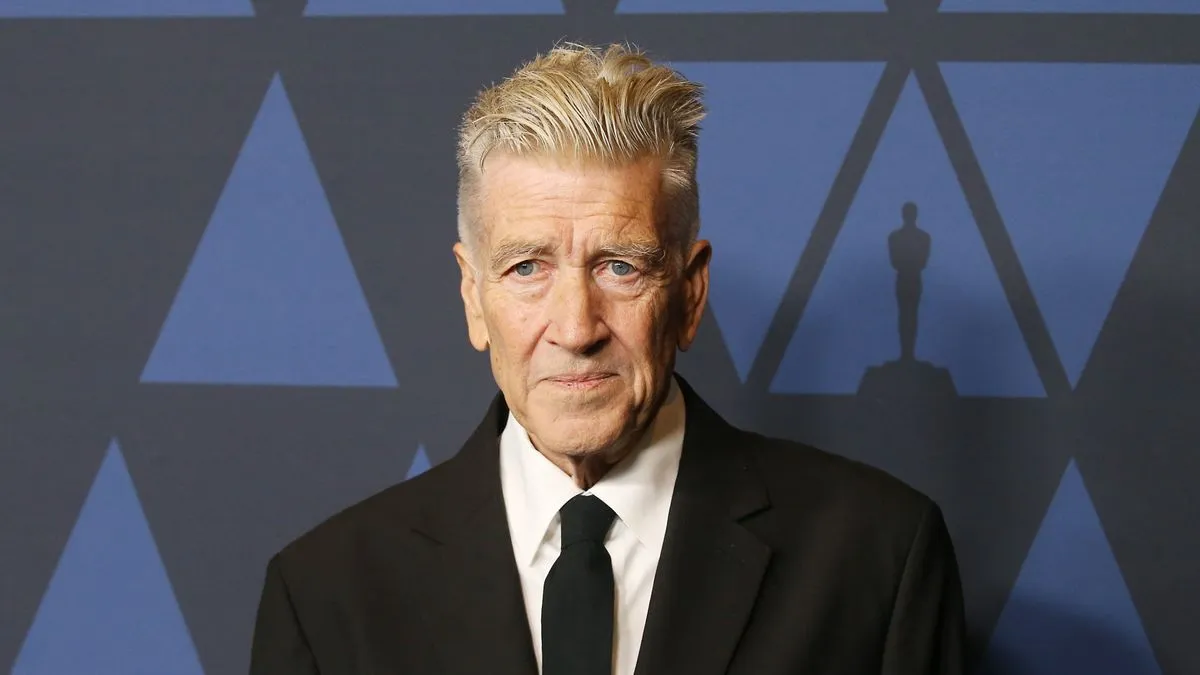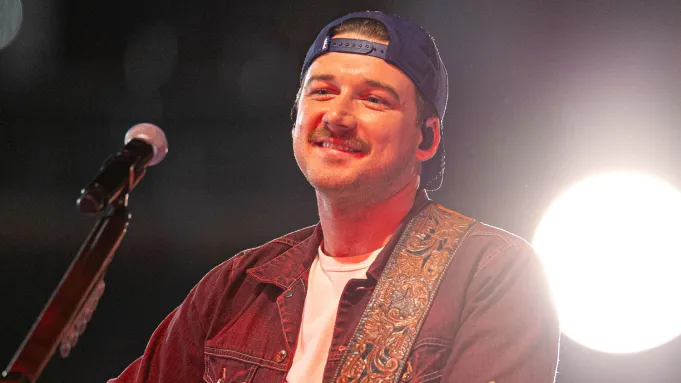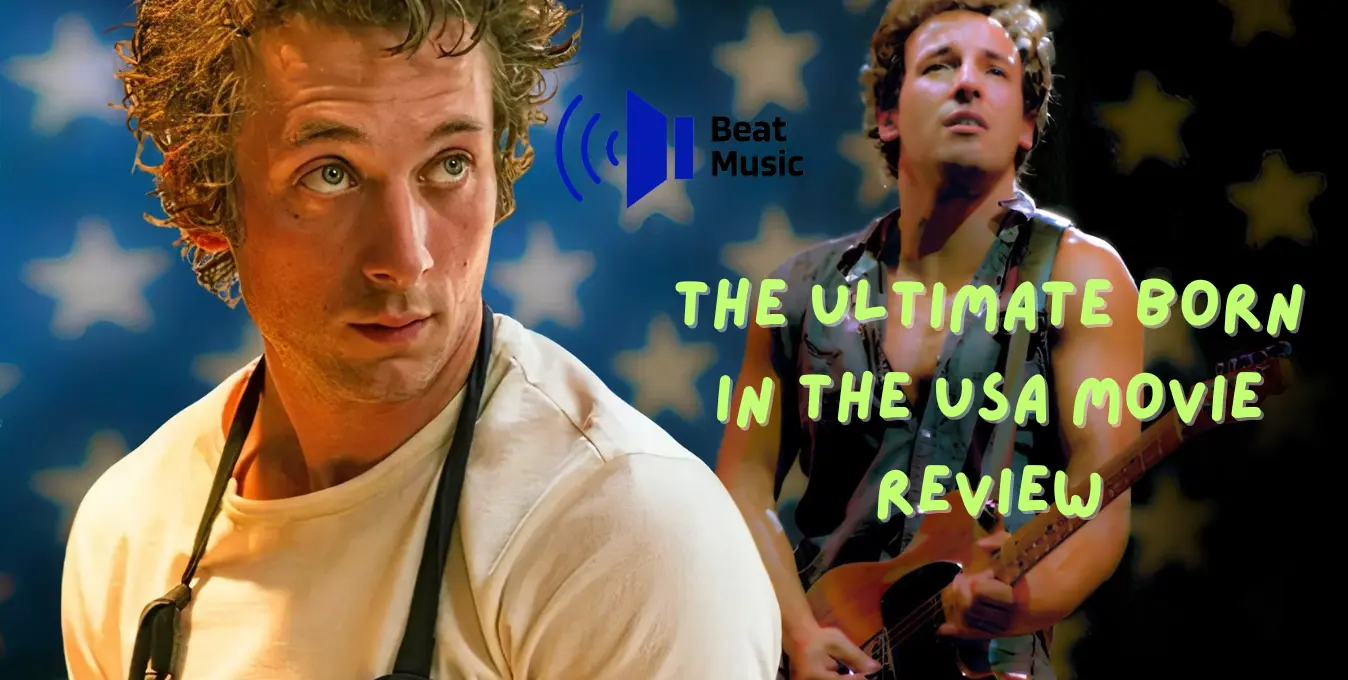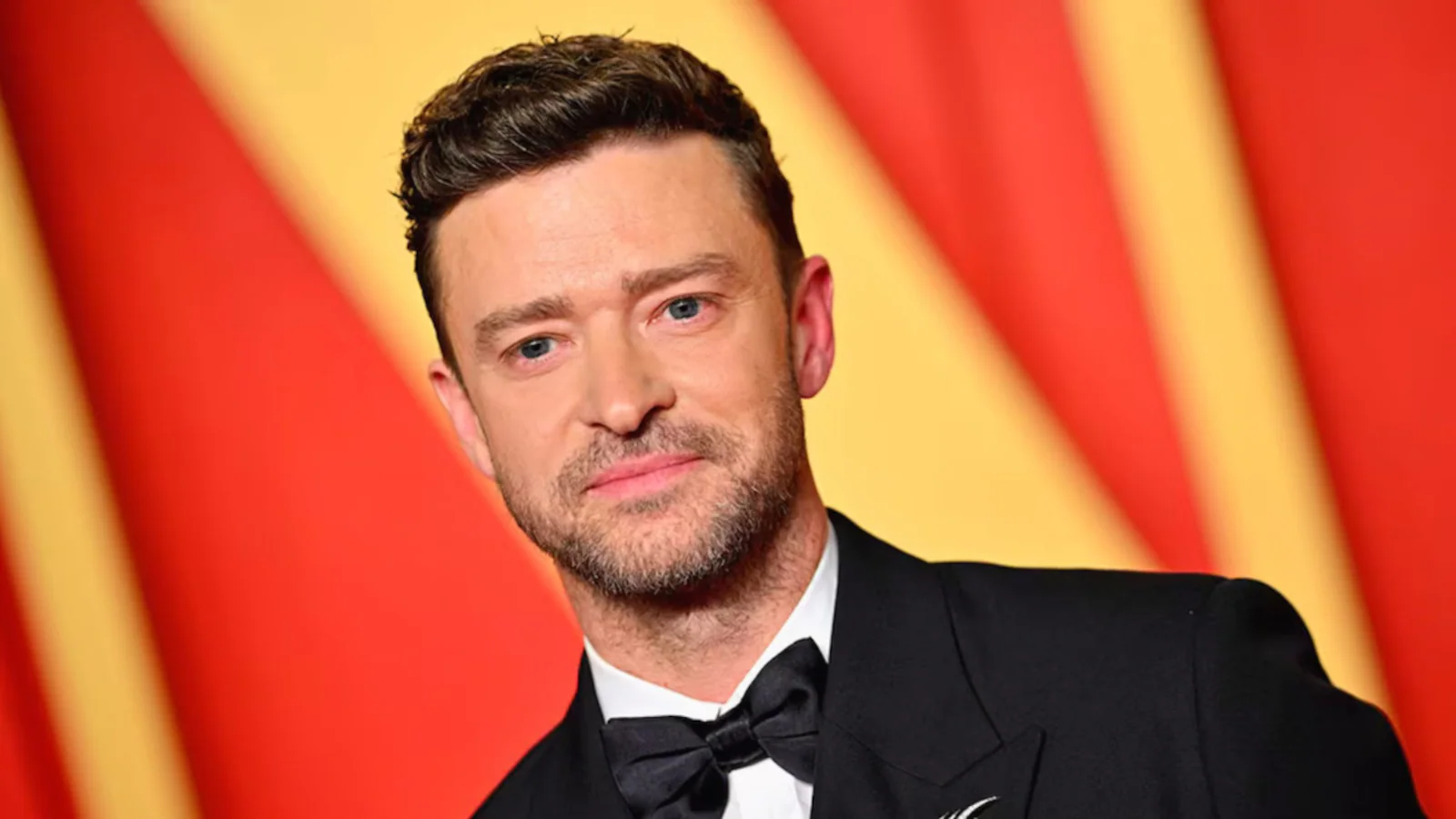Legendary American director David Lynch has died at the age of 78, it has been confirmed. The revered director behind some of the greatest boundary-breaking works of cinema – from Blue Velvet and Mulholland Drive to Inland Empire – had previously disclosed a diagnosis of emphysema that left him unable to leave the house.
The news was verified in a Facebook post from Lynch’s family that says as follows: “It is with deep regret that we, his family, announce the passing of the man and the artist, David Lynch. We would prefer some privacy at this time. There’s a tremendous emptiness in the world now that he’s no longer among us. But, as he would say, ‘Keep your eye on the donut and not on the hole.’ It’s a wonderful day with golden sunshine and azure skies all the way.”
David Keith Lynch was born on 20 January, 1946 in Missoula, Montana to research scientist Donald Walton Lynch and English Language instructor Edwina "Sunny" Lynch. Despite having a childhood marked by multiple uprootings — to Idaho, Washington, North Carolina, Virginia — according to where his USDA employed dad was sent on assignment, young David Lynch, with his aptitude for art and general apathy for schoolwork, never struggled to make friends wherever his family went and took great pride in attaining the top Boy Scout position, Eagle Scout. There was a moment when Lynch was asked to provide his own biography and said, simply, "Eagle scout. Missoula, Montana."

We are not here, however, to commemorate David Lynch the Eagle Scout — even if he was an Eagle Scout, and one who noteworthily attended JFK's inauguration in 1961. Or at least we're not here principally to recall this. Instead, we are here to honor David Lynch the auteur, David Lynch the great American filmmaker, David Lynch maybe The Great American Filmmaker.
Lynch’s distinctive artistic approach gave him a fully deserved reputation as a real cinematic one-off. His are films concerned with dreamlike imagery, imbued with surrealist flair, and demonstrative of a propensity for peeking behind the pristine surface of American life to expose the darkness beneath that speaks to the soul of a man who, as a child, saw the beauty of the humble cherry tree and yet was fascinated most by the innumerable red ants that would swarm over them. His feature debut was 1977’s Eraserhead, shot over the period of several years, which became a cult classic in the years after its release. From there, Lynch directed The Elephant Man, starring John Hurt as John Merrick, which earned eight Oscar nominations; he made a flawed but beloved 1984 adaptation of Frank Herbert’s Dune, a film that would mark the start of a career-long collaboration with star Kyle MacLachlan; and he followed it up with the controversial Blue Velvet, which earned Lynch a Best Director Oscar nomination, and has in time come to be hailed as an all-time classic. If there is a tendency you will notice throughout Lynch's career, it is of him crafting brilliant works that it frequently took the world at large a few attempts to grasp its mind around.
In the early 1990s, Lynch not only continued working in cinema with the rip-roaring rock'n'roll Nic Cage x Laura Dern romance Wild At Heart, but also co-created Twin Peaks — the legendary TV mystery drama, blending American soap-operatics with surreal fantastical elements, which all hinged on the tantalising mystery of who killed youngster Laura Palmer (and the even greater mystery of whatever happened to Annie Blackburn.) The series was a great phenomenon, and although it supposedly stopped following its second season, the Peaks torch would continue to burn with Lynch's 1992 movie spin-off prequel, Twin Peaks: Fire Walk With Me. In 2017, Lynch would go return to Twin Peaks in Showtime series Twin Peaks: The Return, directing all 18 installments while re-defining the popular idea of what event TV might be in the process.
Lynch followed up his early ‘90s flicks with 1997’s horrific psychosexual headfuck Lost Highway and 1999’s significantly less nightmarish, less psychosexual, altogether less headfucky and really very charming The Straight Story. In 2001, he delivered one of his most known works, the surreal Hollywood noir-inflected mystery Mulholland Drive, generally considered as one of the finest films of the 21st century. It garnered Lynch another Best Director nomination at the Oscars, as well as winning Best Director at the Cannes Film Festival (with Joel Coen). Lynch’s final film was 2006’s Inland Empire, a three-hour work simultaneously regarded as one of his most challenging features and representative of his singular cinematic sensibility — a Matryoshkan noodle-twister which finds Laura Dern's actress Nikki Grace losing her marbles as the role of a lifetime begins to see fantasy and reality bleed into and reshape one another.
Read Also: Dj Jack Revill, A Scottish Artist, Passes Away
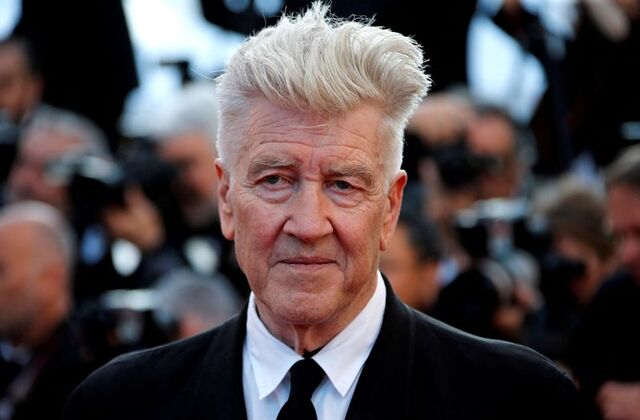
Beyond his film and TV career, Lynch made original music, paintings, and published books like Catching The Big Fish and the co-authored/constructed biography Room To Dream. During lockdown, Lynch went to YouTube to upload daily weather updates, eventually compiling a collection of 950 meteorological observations as part of a daily practice that provided both comfort and method of checking in for Lynch and his followers as the globe got progressively more worried and off-kilter. While Twin Peaks: The Return would ultimately prove to be Lynch's final significant creative endeavor, and the "New Lynch At Cannes" rumour had become an annual ritual in recent years, Lynch's final big on-screen contribution actually occurred in his buddy Steven Spielberg's The Fabelmans. In a role Lynch would later come to confess to Empire was compensated in Cheetos (his negotiation, not Spielberg's), Lynch took on the character of John Ford, delivering to a young Sammy Fabelman (Gabriel LaBelle) some precious filmmaking wisdom: "When the horizon's at the bottom, it's exciting. When the horizon's at the top, it's intriguing. When the horizon's in the center, it's boring as crap." Suffice it to say, the great Lynch himself could never be accused of setting his horizons in the center — heck, if you could make out the horizon in one of his movies at all, you'd frequently be one step ahead of most.
David Lynch’s effect on film cannot be emphasized. As an artist who vehemently and firmly believed that film has its own language, he was one of the all-time great interpreters and creators of the form's lexicon — a guy who dreamt with eyes wide open and allowed all comers to luxuriate in his wild and odd and magnificent visions.His influence will long remain in the medium, and in a generation of filmmakers impacted by his uncompromising, surprising, sublime pieces of art. Our thoughts are with his friends, family, and all those inspired by his work.

